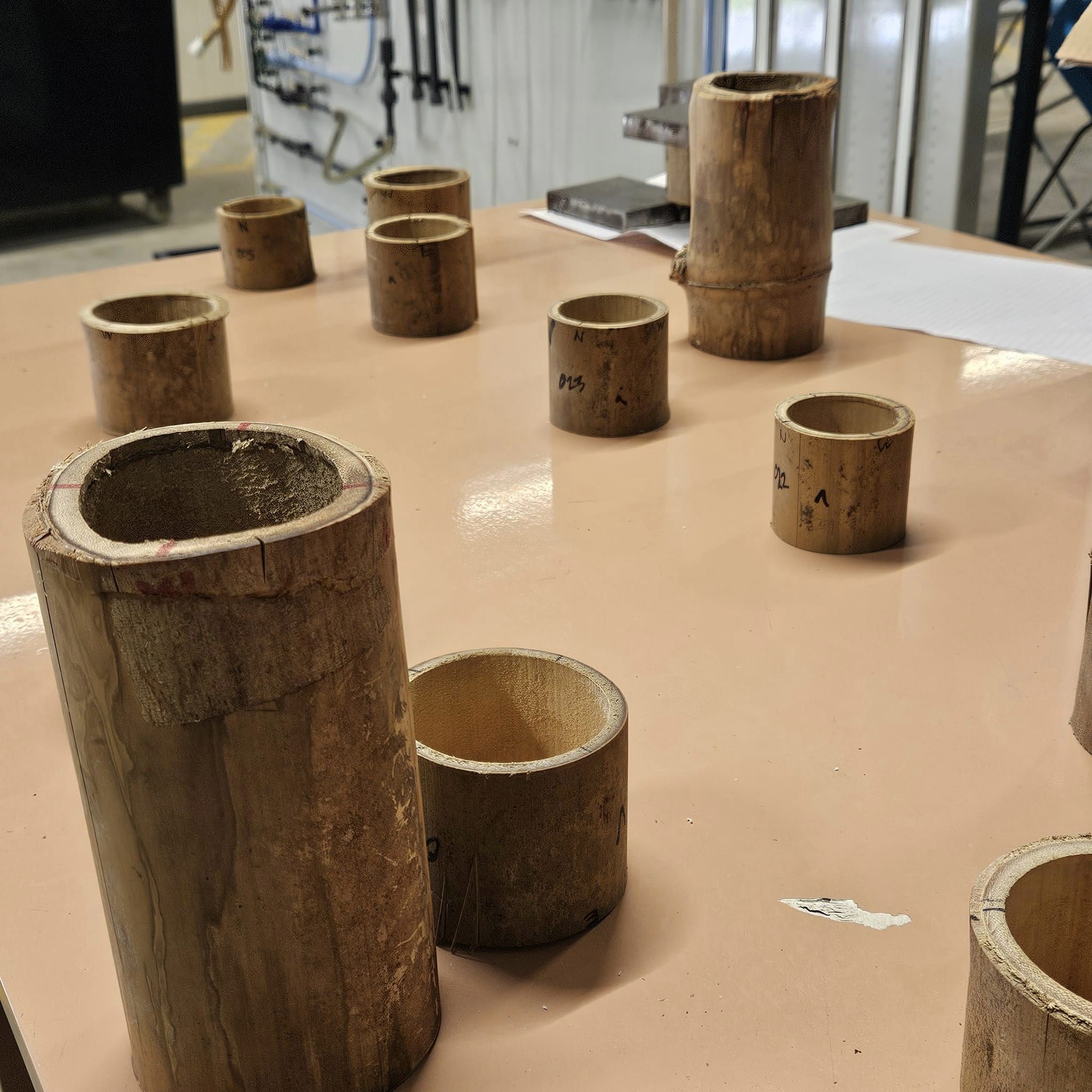Global Green Growth Institute (GGGI) Pacific recently launched a Fiji Bamboo Project aimed at developing an affordable, sustainable, and resilient construction material in Fiji.
The company said in a statement it hoped this initiative of innovative construction technology would increase the supply of affordable housing in Fiji.
“That is both resilient to climate related extreme weather events and is more environmentally friendly to construct than conventional concrete and steel based alternatives as these are associated with high embodied carbon emissions (the amount of GHG emissions associated with extraction, production, transport, and manufacturing of materials),” the statement read.
“Developing bamboo as an alternative construction material has the potential to create significant green jobs and new business opportunities in Fiji throughout the entire bamboo value chain-from planting, harvesting, treatment, processing and use of bamboo. To ensure all members of Fiji’s society can potentially benefit from these opportunities, the project will specifically seek to involve women and other marginalised groups in all aspects of the project.
“Incorporating traditional knowledge, the project will develop the evidence-base and policy environment to support the development of a bamboo ecosystem as a sustainable alternative construction material in Fiji while also providing practical training to build local knowledge and capabilities in how to sustainably grow, process and use bamboo in construction.
“To implement the project, GGGI will collaborate with key Fiji Government agencies, including the Ministry of Public Works, Meteorological Services, and Transport, Ministry of Forestry, Fiji, and Ministry of Women, Children and Social Protection – Fiji, with technical support from Fiji National University, BASE Builds, and the Fiji Bamboo Association.”
GCCI said the project was funded by New Zealand’s Ministry of Foreign Affairs and Trade and Irish Aid under Phase 2 of the Low Emissions Climate Resilient Development (LECRD) program.
“This program supports Pacific Island Countries to transition to low-emission, climate-resilient development through long-term inclusive planning and decision-making.”



